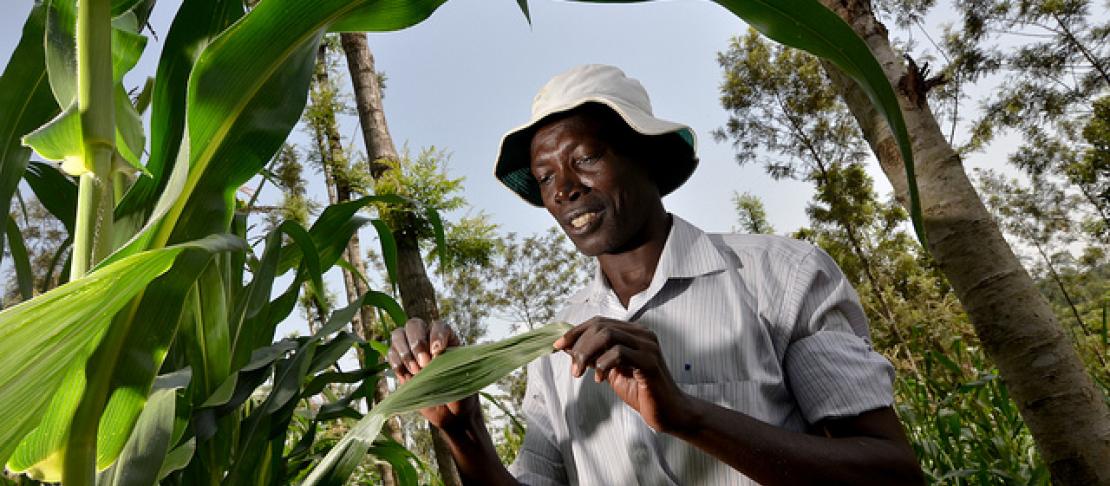Analysis of national adaptation policies and institutions

The Challenge
Several policies and plans related to climate change, agriculture and food security have become available during last two decades in the region. It is important to assess how many of these impact resilience, adaptation and mitigation.
About this activity
A review of the past and present policies was done from a climate-lens for four South Asian countries, namely Bangladesh, India, Nepal and Sri Lanka. The study, being implemented by IFPRI and its partners, reviewed six intervention areas - water, energy, carbon, nitrogen, weather, and knowledge, which have direct or indirect bearings on agriculture and crucial for any potential transformation toward climate-smart agriculture.
Initial results have shown that the transformation of South Asian agriculture into Climate Smart Agriculture (CSA) is required to increase agricultural productivity in one hand and conservation of natural resources on the other.
Though countries like India, Bangladesh, Nepal and Sri Lanka have developed various policies and programmes to cope with the progressive climate change impact, their existing policies are focused on increasing the availability of key input resources like water, energy and fertilizer to the farmers. This study indicates that the archaic ground water development policies and energy subsidy policies in South Asia although help in improving agricultural productivity in some regions, but continuous exploitation poses a severe threat to sustainable farming intensification. Similar to the energy subsidy, the fertilizer subsidy policy in South Asia has negative implication on CSA as it causes soil degradation in the long run. On the other hand the policies related to energy efficiency improvement and surface water development are found as climate smart policy interventions as they promote sustainable use of natural resources for agricultural production. In congruence with the objectives of this study, quantitative analysis of specific policies for particular regions can provide a more rigorous approach for policy analysis from a climate lens.